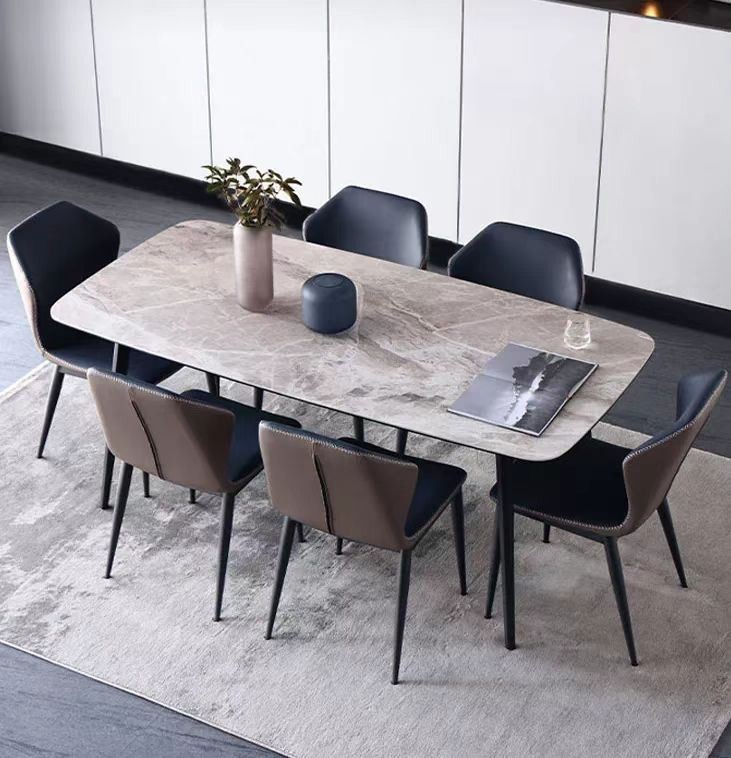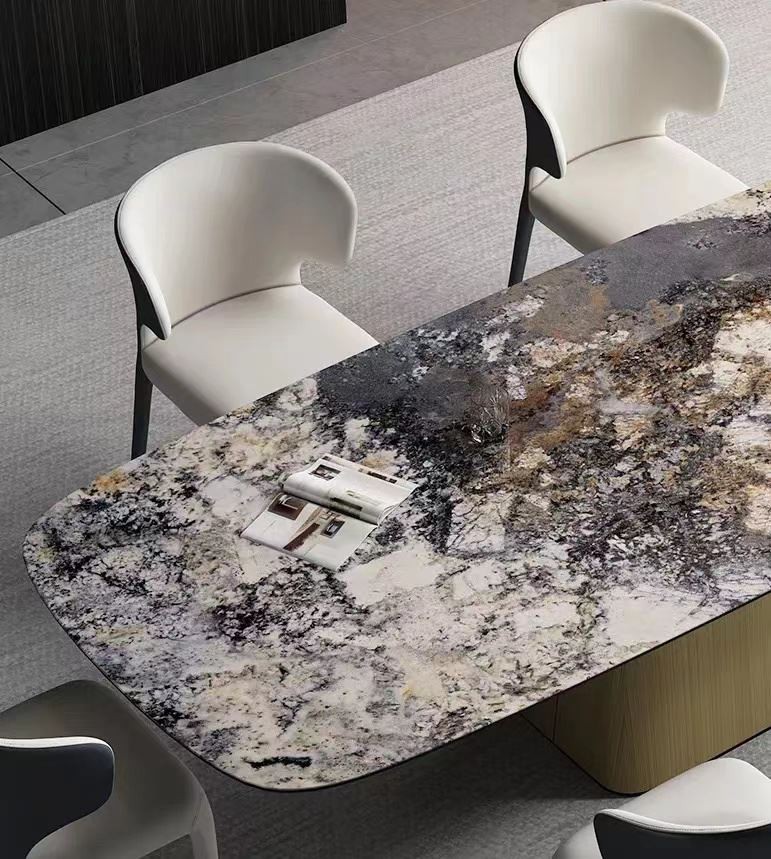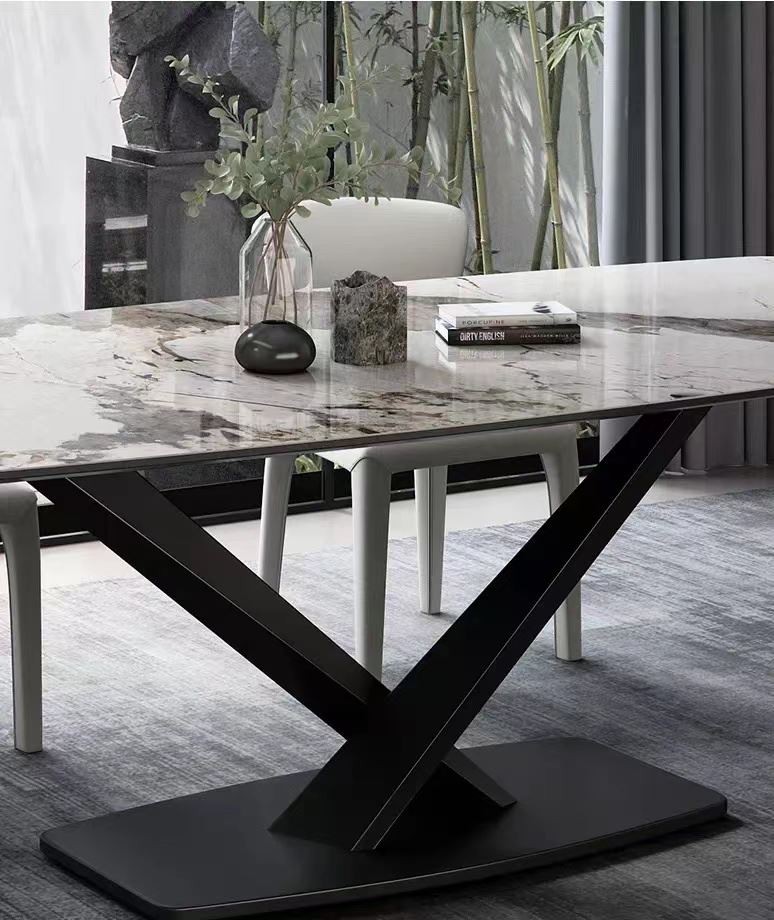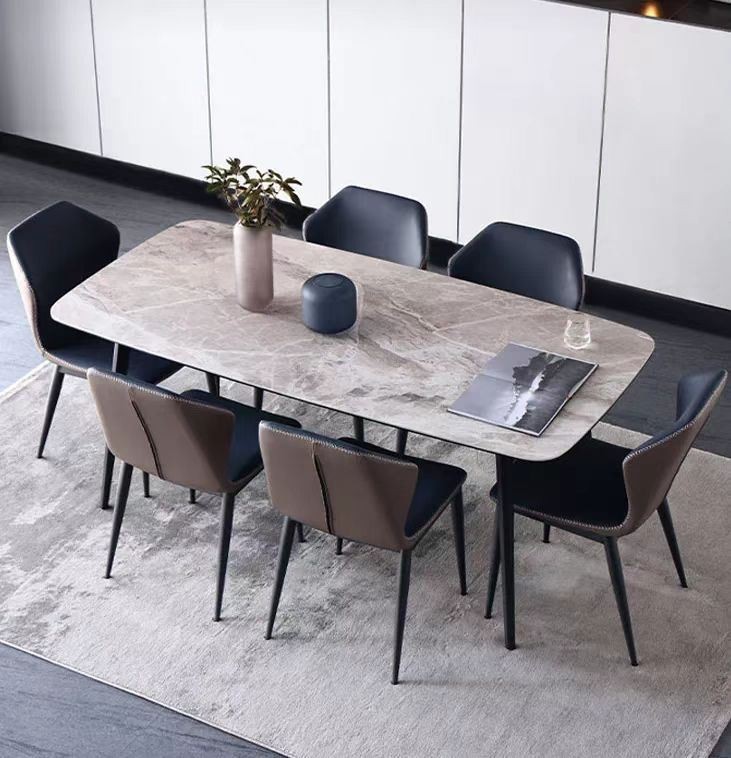
Dec 13 2021

Dec 10 2021
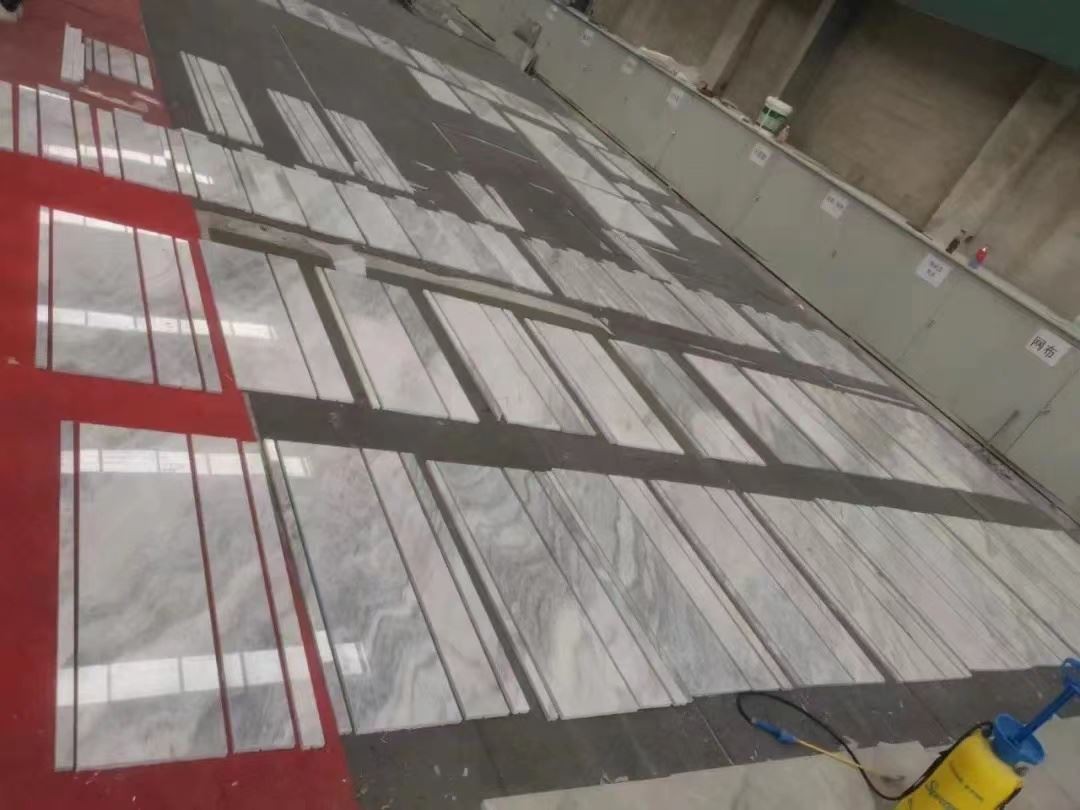
Dec 07 2021
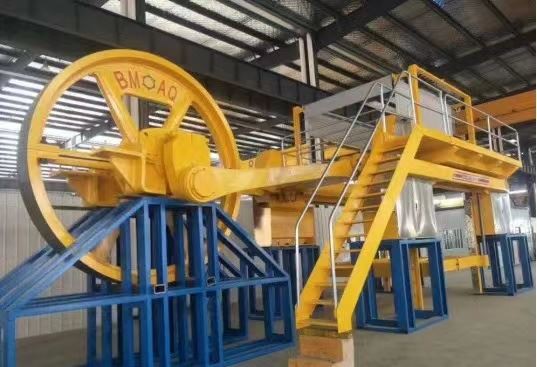
Dec 02 2021
12B/13B, North Building of Pacific Square, No.331, Jiahe Road, Siming District, Xiamen, Fujian, China. 361001
+86-592-5065811
+8615160739809
The advantages and disadvantages of sintered stone countertops
Sintered stone countertops advantage
1)Antifouling
At present, the surface of rock slabs cannot be 100% anti-fouling, but it is very close. It is non-porous, so it does not absorb liquids, and common or stubborn stains are usually easy to remove on the surface. In addition, the rock slab is resistant to most chemicals, does not react with common acids, and can maintain the indicated level and cleanliness
2)Heat resistant
The rock slabs are manufactured at extremely high temperatures, so they can absorb heat. Cooking utensils such as hot pots placed on the rock slab will not damage the rock slab due to heat, but it is recommended to use a tripod as a support for the hot cooking utensils.
3)Hard and durable
Slate kitchen countertops are very hard, durable, and can withstand most shocks. In fact, their durability is second only to stone or quartz, and they are generally not affected by wear. However, we still recommend taking protective measures for daily use.
Sintered stone countertops disadvantage
1)fragile
In the process of use, try to choose products from regular companies and rock slabs with a thickness of 1 cm or more to avoid cracking. The rock slab is easy to chip during processing and cutting; it cannot be polished, and it is not easy to repair after damage.
2)Difficult to model
Can't make complicated shapes.
